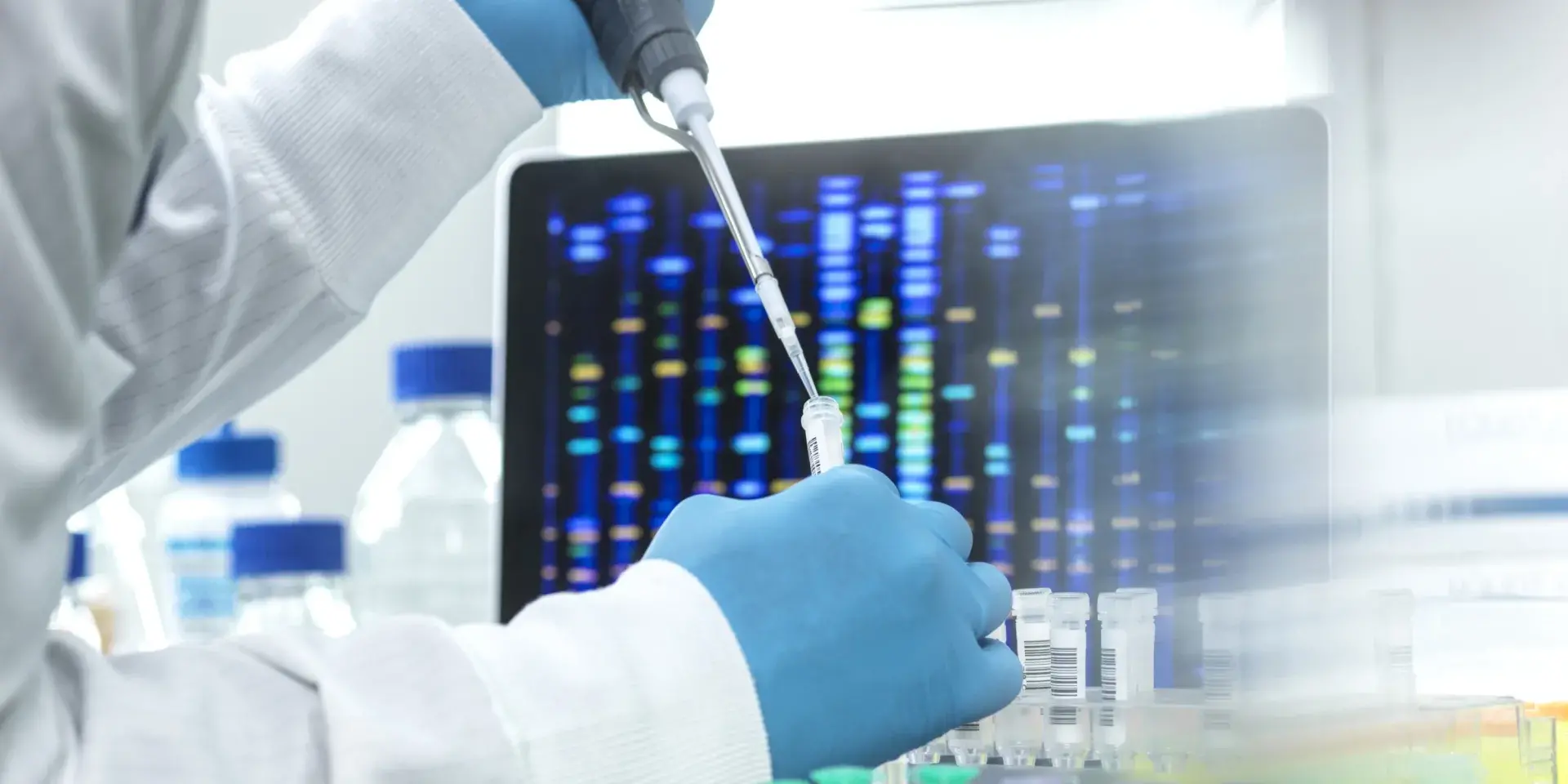Despite NHS guidance, less than half of those eligible received a blood test for Lynch syndrome, an inherited condition that leaves individuals more susceptible to womb and bowel cancer.
Diagnosis of Lynch syndrome is important as it enables patients to take action to reduce their cancer risk, improving outcomes and reducing NHS costs, experts say.
Genetic risk
Lynch syndrome affects one in 300 people, but as little as five per cent are aware they have it.
The condition is caused by genetic variants - small changes in DNA - similar to the BRCA genetic variants that increase breast cancer risk. Those with Lynch syndrome have a 50 per cent chance of developing womb cancer in their lifetime, compared to a general population risk of three per cent.
The National Institute for Health and Care Excellence (NICE) recommends that all patients diagnosed with womb or bowel cancer have tumours tested for markers of Lynch syndrome. If identified, they should be referred for genetic counselling to access support and advice and a simple blood test to confirm the diagnosis.
Testing drop-off
A University of Edinburgh-led study looked at more than 2500 womb cancer cases across the UK and Ireland between 2022 and 2023.
While 91 per cent of tumours were tested for markers of Lynch syndrome, test results were not routinely communicated to the wider clinical team, meaning follow-up genetic counselling and blood tests were not arranged. Two-thirds of the patients eligible for genetic counselling were referred for appointments.
Those who were referred faced long waiting lists, resulting in high drop-out rates. Only 48 per cent of womb cancer patients who should have had further testing ultimately received a blood test.
Cancer prevention
Gaps in testing mean that many womb cancer patients with Lynch syndrome go undetected, leaving them at risk of developing bowel cancer. Family members are also left vulnerable to cancer risk, unaware they may have the condition.
Early detection would allow the use of preventative measures to reduce the risk of future cancers, such as taking aspirin and having regular colonoscopies to prevent bowel cancer, or hysterectomies to prevent womb cancer, experts say.


